Partners
SeaBioComp has 11 partners from the 2Seas region covering the coastal regions along the Southern North Sea and Channel area including 4 EU member states: England, France, The Netherlands and Belgium.
The project partners include research institutions, university research groups, SME’s and specialist cluster organisations.
| Logo | Partner Name | Biography | Website |
|---|---|---|---|
 |
Centexbel (BE) |
Centexbel is the scientific and technical centre of the Belgian textile industry, founded in 1950 to strengthen the competitiveness of its textile industry. Our accredited and well-equipped laboratories offer a complete range of textile analysis as well as R&D activities both in-house and in industry. Centexbel offers a number of services including training, certification and patent research. Centexbel is the Project Lead Partner of the SeaBioComp project and will be heavily involved in the project management as well as the development of all the demonstrators, and specifically in the development of a self-reinforced bio-composite. Centexbel will support the partnership with expertise in textile reinforcements, thermoplastic biopolymers, composite formation and the identification of leachates. |
www.centexbel.be/en |
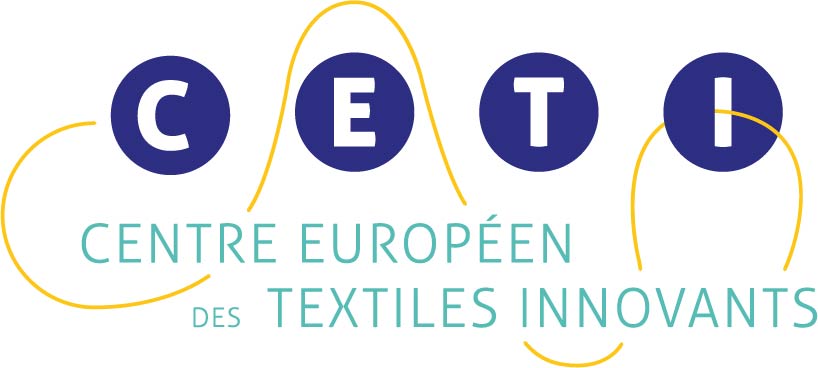 |
CETI (FR) |
CETI, the European Centre for Innovative Textiles is a research and prototyping centre dedicated to new textile applications and its tri-component spinning and drylaid and meltblown non-woven fabric tools. This technical centre and technological pilot platform is dedicated to innovation in textile materials, with prototyping and demonstration realisation as core activities. Located at the heart of a first-class scientific network, the CETI uses creativity techniques that accelerate the innovation process from uses to solutions. CETI brings together state-of-the-art equipment in one place to allow manufacturers to quickly advance from research to prototypes and small-scale production as quickly as possible. |
www.ceti.com |
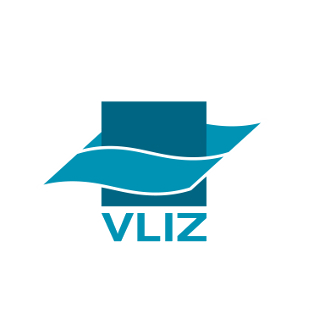 |
VLIZ (BE) |
The Flanders Marine Institute, VLIZ, is a centre for marine knowledge and coastal research. As a partner in various projects and networks, VLIZ promoted and supports the international image of Flemish marine scientific research and international marine education. VLIZ will undertake research for the SeaBioComp project and exchange knowledge on experiments with bio-based plastics in a marine environment. |
www.vliz.be/en |
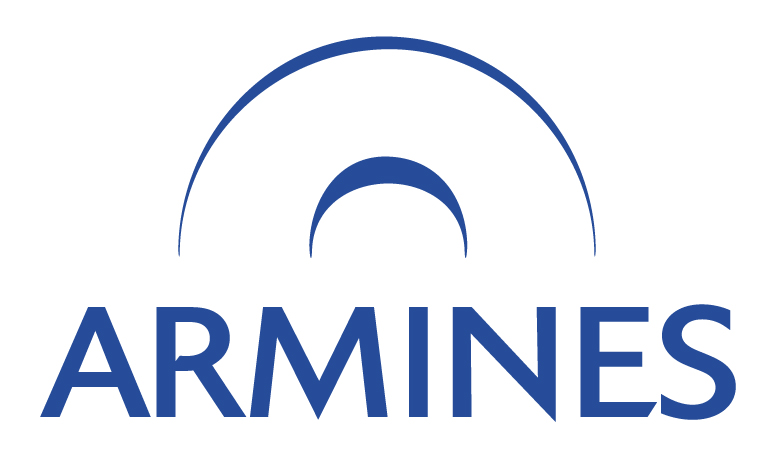 |
ARMINES (FR) | The Association for Research and Developement of Industrial Processing Methods (ARMINES) is a private, non-profit research and technological organisation (RTO), founded in 1967. The Department of Polymer Technology and Composites & Mechanical Engineering of IMT Lille Douai is a joint research unit managed by ARMINES and its partner engineering school IMT Lille Douai. | www.armines.net |
|
|
Poly Products (NL) |
Poly Products BV has over 50 years experience in fibre reinforced composite production and engineering. Founded in 1969, the company has produced a wide variety of products including facade elements, submarine diving tanks, floating roofs for chemical storage tanks, design objects, canopies and many more. 2019 sees the implementation of a large 3D printer with a capacity of 4 x 2 x 1.5 fibre reinforced plastic products. Poly Products is the leader of Work Package 2 on 3D printing in the SeaBioComp project. This involves the installation of a 3D printer for manufacturing products up to 4 x 2 x 1.5 metres. With the input from other partners, the machine will be adapted for the processing of bioplastics. In addition the machine will be made suitable for the processing of natural fibre reinforced bioplastics. Within the project, demonstrator products will be printed with these materials for installation and monitoring within the marine environment. |
www.polyproducts.nl |
| University of Plymouth (UK) |
Composites Engineering, within the MAterials and STructures (MAST) research group, is the new name for the Advanced Composites Manufacturing Centre (ACMC). This leading composites R&D facility at the University of Plymouth is based in the School of Engineering (SoE). This research group is active in a wide range of projects, and aims to bridge the traditional gap between academic R&D and the needs of industry. The University of Plymouth has been involved with composites R&D since the early 1970s and has worked closely with companies in all areas of polymer composites engineering, enabling them to benefit from the University's research, contacts and experience. The University of Plymouth's principal involvement is in the development of monomer infusion processes for the creation of large composite structures, and life-cycle assessments to validate chosen methods. |
||
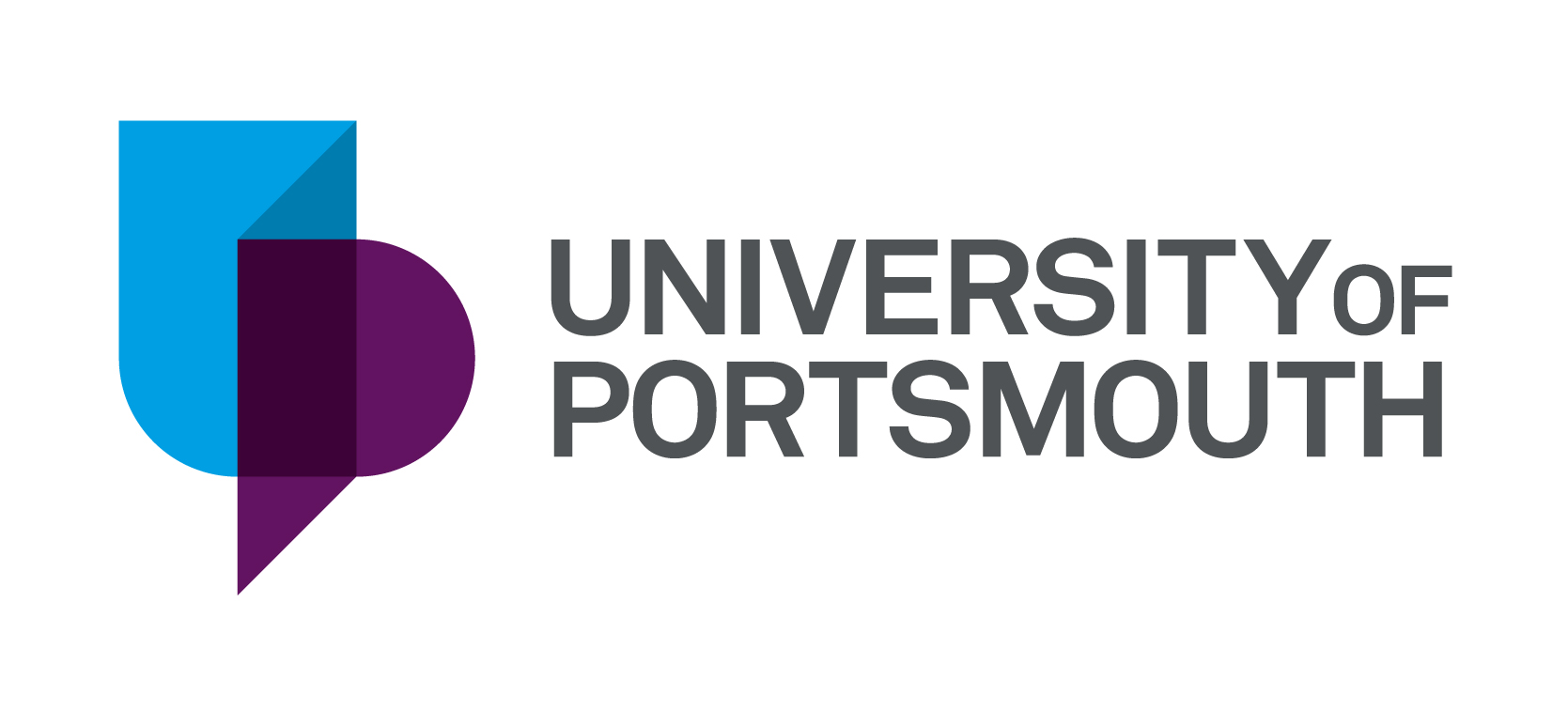 |
University of Portsmouth (UK) | The University of Portsmouth is located in a very marine based region of the UK. The AMM Research Group within the University has well-equipped laboratories with a wide range of state-of-the-art facilities for research and development in advanced polymer and composite and biocomposite materials. | www.port.ac.uk |
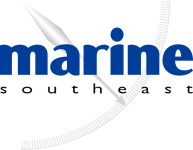 |
Marine South East (UK) |
Marine South East is a cluster organisation supporting a wide range of activities to facilitate the strategic growth of the marine sector and blue growth economy through cluster activities, consultancy projects, collaborations, European partnerships and strategic projects. As a cluster organisation, Marine South East interacts regularly with more than 2000 businesses across the marine, maritime and Blue Tech sectors. Expanding innovation capacity is a major theme within Marine South East's innovation project portfolio. Marine South East is the project lead for the Communications and Dissemination Work Package 5, as well as being in a position to identify market opportunities and partnerships for growth. |
www.marinesoutheast.co.uk |
 |
EuraMaterials (FR) |
EuraMaterials is a cluster of businesses in the new processing materials sector. Since innovation has its origin more and more in multi cross-expertise and the diversity of materials, EuraMaterials eases networking, meetings and exchanges between stakeholders in the fields of textiles, paper/cardboard, plastics, glass, composites, ceramics, wood, metal etc. EuraMaterials' dynamics includes a French competitiveness cluster, a business club, an incubator and a place of reference in Northern Europe for advanced materials. EuraMaterials' members will be very interested in the results of the new composite materials produced in the SeaBioComp project. EuraMaterials will be participating in the management of the industrial property (Work Package 4), as well as in the communication and dissemination of the SeaBioComp project results to industrials, researchers and the general public (Work Package 5). |
www.euramaterials.eu |
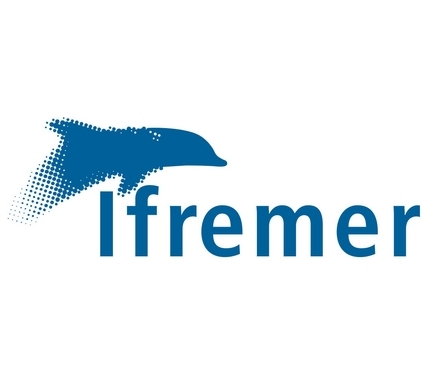 |
IFREMER (FR) |
IFREMER (Institut Francais de Recherche pour l'Exploitation de la Mer / French Ocean Research Institute) is a French institute that undertakes research and expert assessments to advance knowledge of oceans and their resources. IFREMER monitors the marine environment to foster sustainable development of maritime activities. Within SeaBioComp, IFREMER is mainly involved in Work Package 3, evaluating the durability, in a marine environment, of the materials selected to develop the marine demonstrators. IFREMER's aim is to develop their understanding of materials which enable environmental impacts to be reduced. |
www.ifremer.fr/en/ |
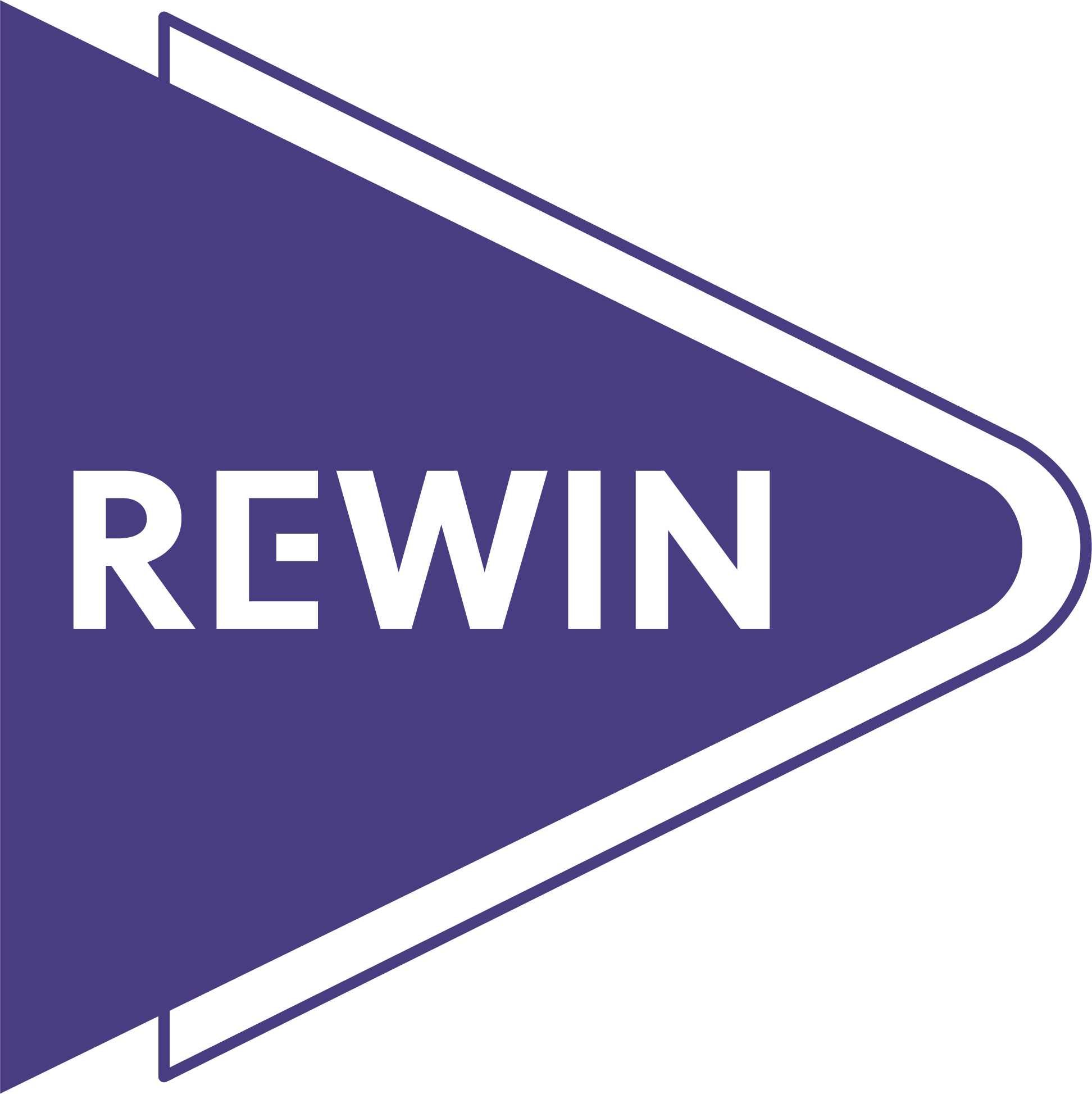 |
REWIN (NL) |
Regional development agency REWIN West-Brabant (a region in the South West Netherlands) aims to stimulate innovative entrepreneurship through encouraging close cooperation between companies, educational/knowledge institutes and governmental bodies. REWIN promotes the development of innovative applications, including in the high-tech maintenance sector. REWIN West-Brabant encourages key players to establish and do business in their region. Within the SeaBioComp project, REWIN's aim is to stimulate cross-overs between the biobased economy and other sectors like high tech (3D printing, composite) and the maritime sector. The maritime sector is one of the core clusters in the region of West Brabant. The SeaBioComp project is an excellent opportunity for REWIN to connect its extensive network with new (international) partners, and to create and exchange knowledge on innovative applications of biobased composites. Composites and biobased materials are major development themes for REWIN who will provide (industrial) contacts for the joint development of biocomposite demonstrators (TRL7). |
www.rewin.nl |
| Observer Partners | Name | Biography | Website |
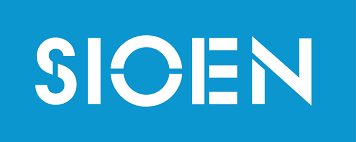 |
Sioen Industries (BE) |
Sioen Industries is the world market leader in technical textimes and technical apparel, protecting people and their belongings. We produce yarns, woven and non woven fabrics, technical textiles, fine chemicals and protective clothing. Sioen has come onboard as an observer partner in the SeaBioComp project which matches the company's interests as there are ongoing developments concerning textiles for marine applications, biodegradable textiles and thermoplastic composites. |
www.sioen.com |
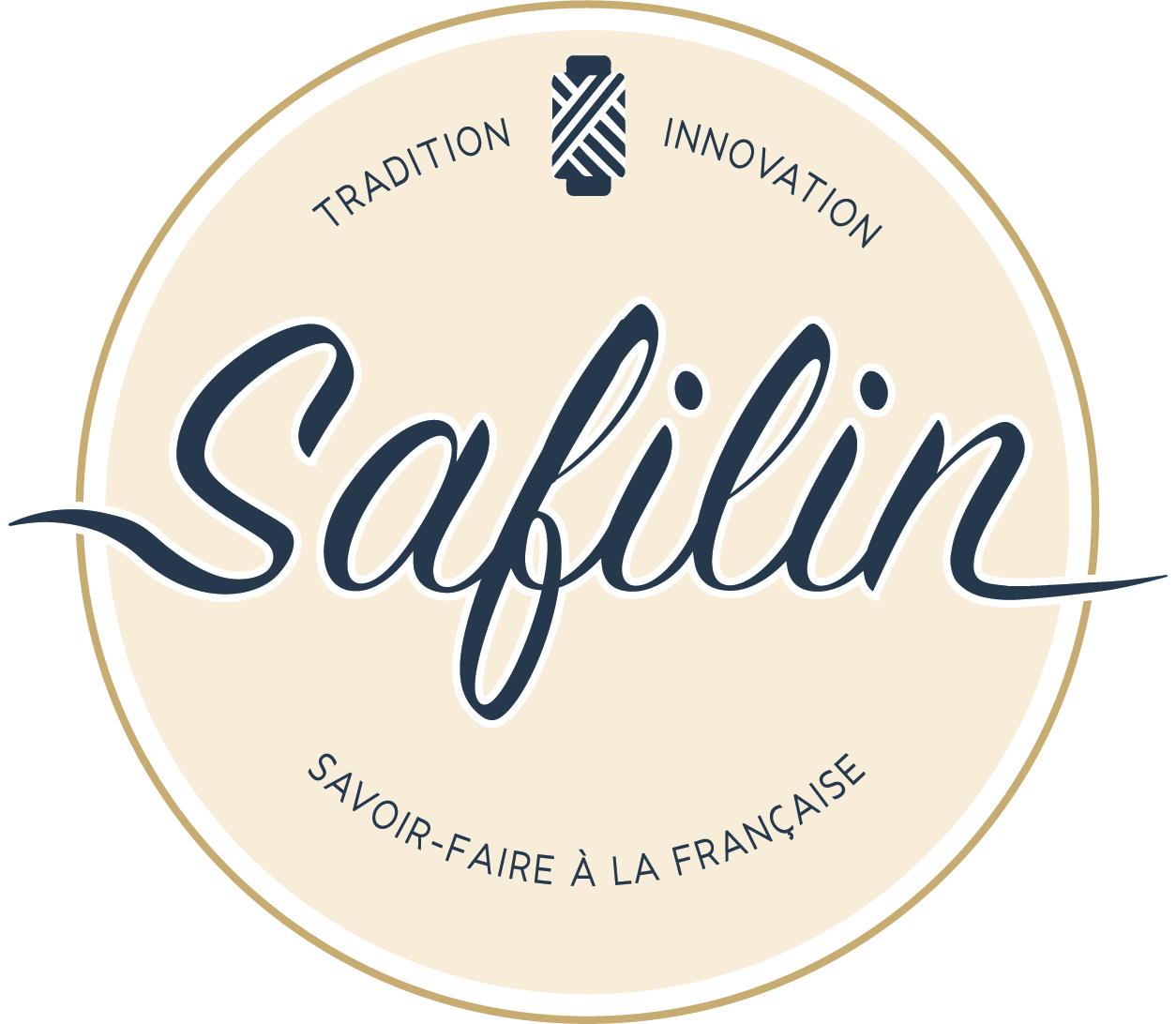 |
SAFILIN (FR) |
SAFILIN, founded in 1778, is one of the worldwide leaders in the spinning industry processing natural fibres of flax (linen) and hemp of European origins to produce yarns, strings and rovings with a production capacity of 5000 tons per year. SAFILIN uses its experience to offer its customers the best yarns for their own uses with a strict selection of raw materials, guaranteeing a strong stability of its production. Known worldwide for its quality, SAFILIN constantly innovates and develops new products in partnership with its customers. SAFILIN has developed a specific range of bio-based products composed of low-twist flax rovings, yarns and fabrics, ensuring the ideal compromise between the strength of the dry material, the fibre orientation and the high level of resin impregnation. Our products are compatible with all kinds of textile and composite process manufacturing. SAFILIN's production is Oeko Tex 1 and Reach compliant. SAFILIN was part of the team led by KAIROS, designer of the Gwalaz concept boat and worked closely with the TRICAT shipyard to build the 23.5 model. SAFILIN's work confirmed the possibility to replace standard composites with biobased materials sich as flax fibres, cork, balsa wood and resin with 30% plant molecules makes them an ideal observer partner for the SeaBioComp project. |
www.safilin.fr |
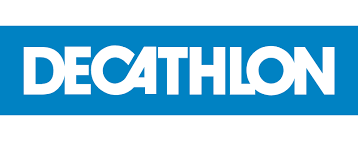 |
Decathlon (FR) | Decathlon will bring its experiences and competences on composites for sports applications in the marine/aquatic environment to the SeaBioComp project. Decathlon are able to offer support in defining product requirements and benchmark against existing products in their range. Decathlon will support the assessment of the results towards future industrial implementation of products and will use the ecological findings of the project to support their marketing strategy, in which green planet projects and materials with reduced ecological impact (CO2 emission, end of life, impact on the marine environment) are of major concern. | www.decathlon.com |
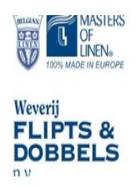 |
Weverij Flipts & Dobbels (BE) | Weverij Flipts and Dobbels has experience in weaving natural fibres (flax, yarns etc) and develops fabrics for bio-based composites. The company also weaves natural fibres and thermoplastic biopolymers as matrix. The company is able to offer advice on the selection of natural based reinforcement structures and can offer support in the testing of reinforcement fibres. | www.flipts-dobbels.be |
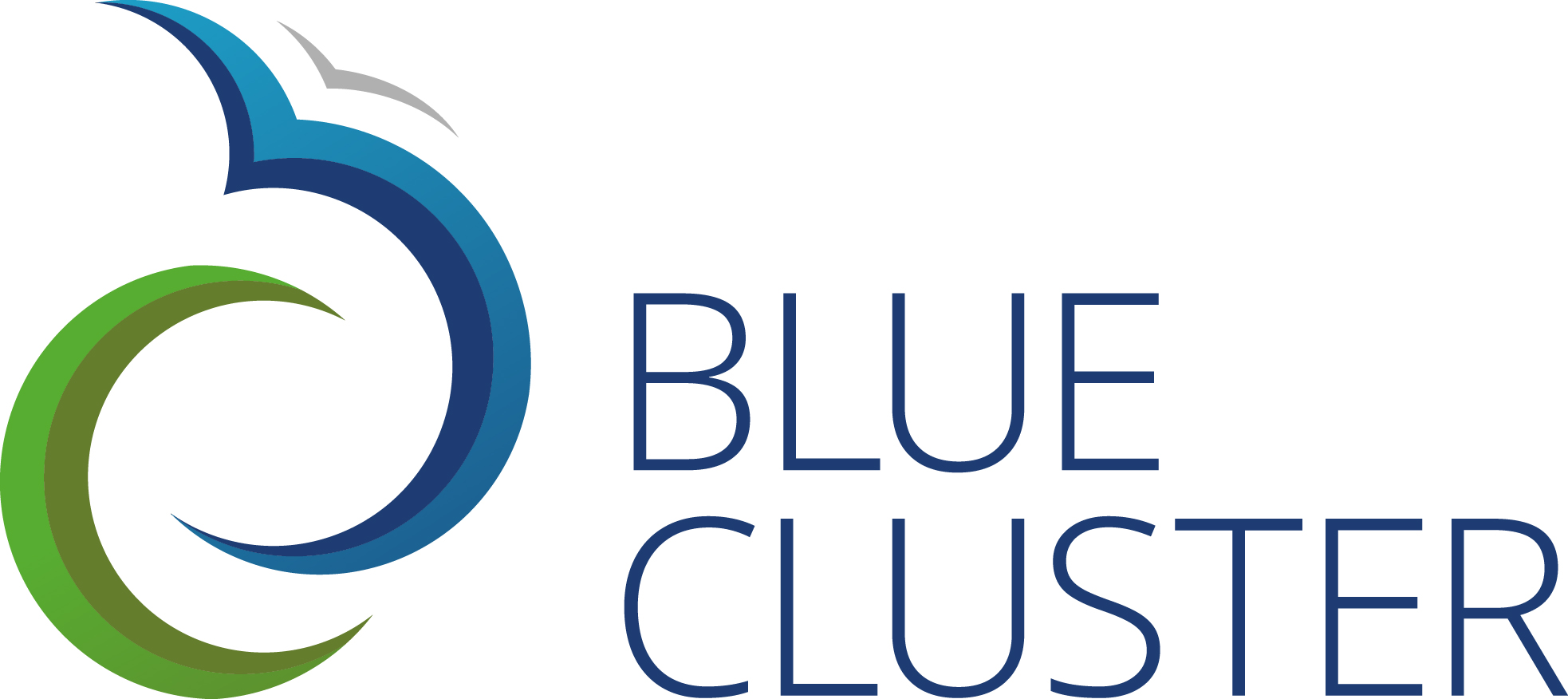 |
De Blauwe Cluster (BE) |
De Blauwe Cluster is a group of innovative private companie active in a wide range of sectors who have come together to develop and promote economic activities that are linked to the sea. The members of De Blauwe Cluster believe that strong cross-sector partnerships and cooperation with knowledge centres and government institutions leads to new and innovative investments and projects in the Belgian part of the North Sea and beyond which will lead to solutions for a number of global challenges. In the SeaBioComp project, De Blauwe Cluster will assist in the economic valorisation of the buicomposites and in the dissemination of the results to its members. |
www.blauwecluster.be/aboutus |
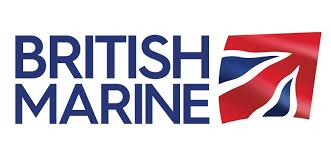 |
British Marine (UK) | British Marine is the trade association for the UK Boating Industry.. The organisation has an excellent network of boat building businesses and aims to help with the future implementation and valorisation actions of the SeaBioComp project. | www.britishmarine.co.uk |
 |
Materials Innovation Institute (M2i) (NL) | Materials Innovation Institute (M2i) is a non-profit research organisation set up by the Dutch Government to increase and speed up innovation in the field of materials sciences and engineering, both for structural and functional materials. | www.m2i.nl |
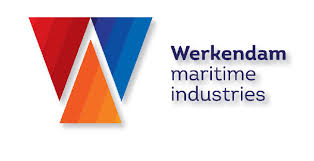 |
Werkendam Maritime Industries (WMI) (NL) | Werkendam Maritime Industries is a shipbuilding cluster of 37 companies based in Werkendam which is the third inland port in the Netherlands. The organisation wishes to connect interested members, builders of ships and wet infrastructures including quays, bridges and mooring facilties, to the findings of the SeaBioComp project. | www.werkendammaritimeindustries.nl |
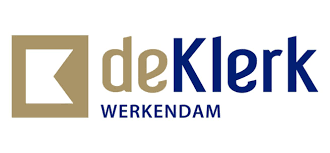 |
deKlerk Waterbouw (NL) | De Klerk specialises in the installation of products in the maritime environment. The organisation can input into the demonstrator property requirements as well as the installation of bio-based composite demonstrators for testing. | www.deklerkbv.nl |
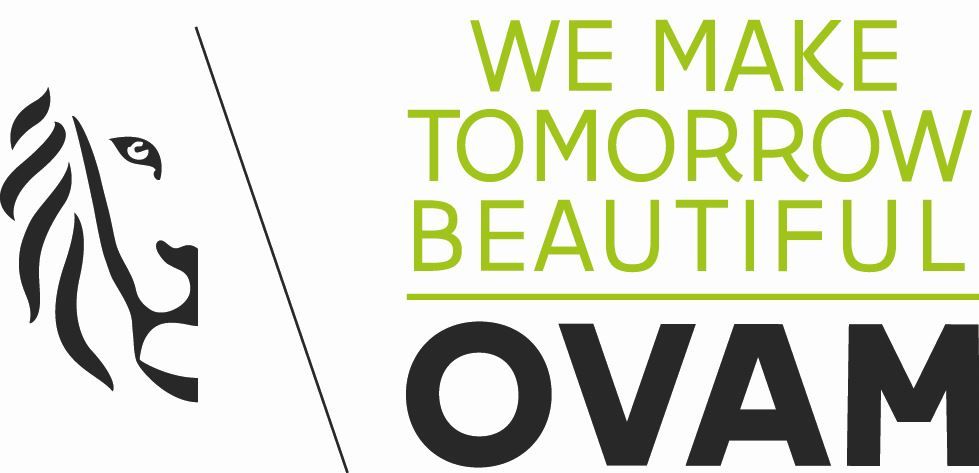 |
OVAM (BE) |
OVAM is the Public Waste Agency of Flanders, the principal authority in the Belgian region of Flanders for the sustainable management of waste, materials and soils. OVAM ensures that Flanders deals with waste, materials and soils in a well-considered and environmentally sound manner. OVAM uses its expertise on waste, materials and soils worldwide to help shape international policy. OVAM's interest in the SeaBioComp project lies in the growing concern about the long-term ecological impact of plastic applications for marine development, taking into account the growing markets for fish and seaweed farming, aquaculture etc. As an observer partner, OVAM wish to learn if and how innovative biobased materials can reduce the environmental and ecotoxic impact of microplastics. The output of this project might be relevant to policy work related to actions in the Flemish Action Plan on Marine Litter (approved by the Minister of Environment in 2017). |
www.ovam.be |

